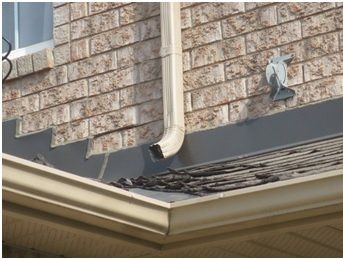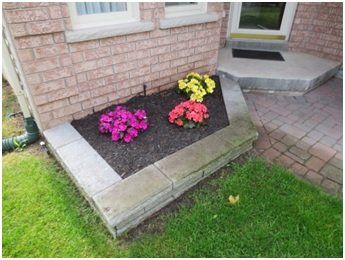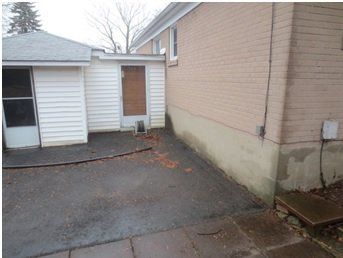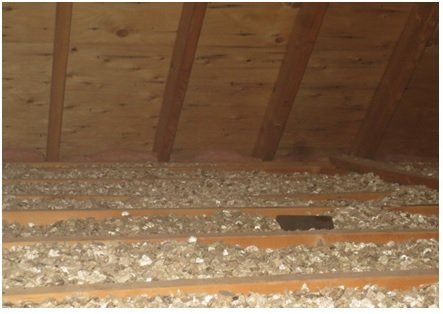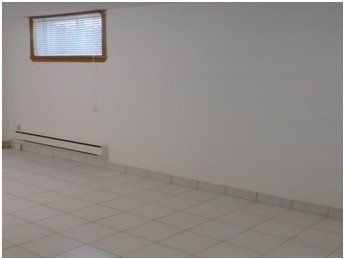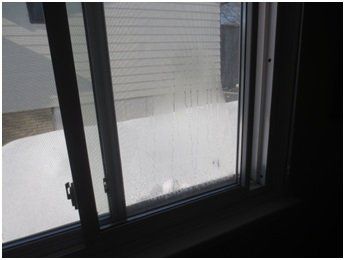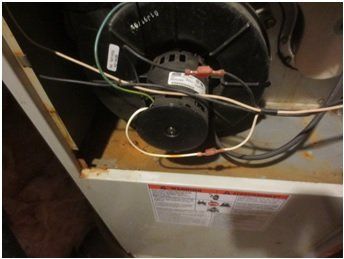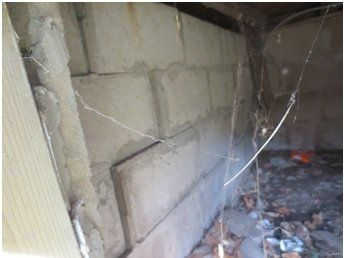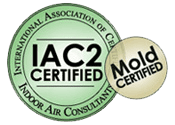Probably one of the most common comments observed
during most home inspections
is that the lot grading is substandard in one
area or around the entire perimeter of the home. Why is proper grading so important?
Having the lot properly graded is very
important because it promotes ideal water drainage away from your home and its
foundation. Believe it or not, but poor grading can lead to foundation leakage
and wet basement problems and in general is a leading contributor to these
problems. In severe cases it can also lead to accelerated foundation
deterioration which could potentially lead to a structural problem.
In most cases the grading can be fixed with
some minor landscaping and improvements, but in other cases it may require
extensive excavation and help from a professional with the proper equipment.
This can be very common especially with older homes where the importance of
proper grading didn’t seem to gather as much attention back then as it does with
newer homes today.
Speaking of new homes, grading may appear
to be fine during your new home inspection, however over the course of the
first few years the house and grading generally will settle and it’s not
uncommon to have to perform some minor re-grading in order to maintain proper
water drainage away from the foundation in these newer homes.
If your home inspector
mentions anything about poor grading during your home inspection, you should
pay close attention and monitor water drainage after heavy rains and spring
thaws to help prevent the potential for a wet basement problem. Improvements
may be needed so don’t wait until it’s too late!
Above Grade Home Inspections Inc. performs home
inspections on new and resale homes
in Barrie and across all of Simcoe
County.
